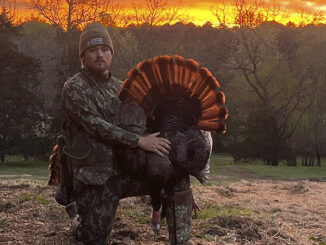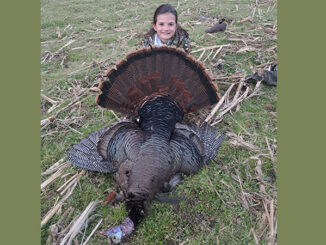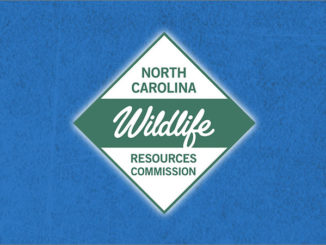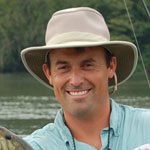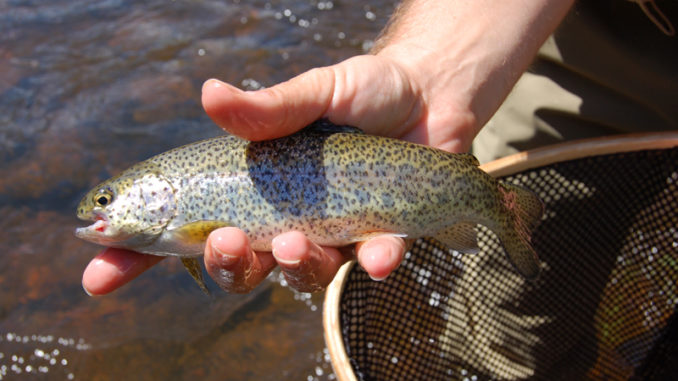
Visit WNC with a fly rod for hot summer action
Western North Carolina has some of the best trout fishing in the country. And the vast majority of anglers in the Carolinas never even wet a line there. They’re missing out! It’s a great way to get a break from the summer heat. And anglers can catch plenty of fish while enjoying some delightful scenery.
North Carolina has more than 3,000 miles of trout waters. And the majority of those streams and rivers are accessible from public highways. They begin roughly just west of Hickory and extend north and west to the Tennessee, Virginia and Georgia borders. Many streams are on public lands, including the Great Smoky Mountains National Park, and the Pisgah and Nantahala national forests. In addition, Jackson County boasts the Western North Carolina Fly Fishing Trail. This scenic trail includes 15 different streams.
Try these flies
Trout begin keying on terrestrials such as hoppers, crickets and ants, in early summer. And the best fishing extends through August into September. Green worm imitations should be fished in Nos. 16-12. Black foam beetles should be fished in Nos. 18-14. Grasshopper imitations should be in yellows or browns in Nos. 14-12, and ants should be Nos. 18-16 in black or black/brown. Anglers can fish hoppers and beetles in tandem with a dropper ant or worm. Tippets in 5x to 6x are preferred, with 8- to 9-foot, 3- to 4-weight fly rods common.
The N.C. Wildlife Resources Commission’s website has an interactive mapping program that features all of the state’s trout streams. Click here for the map.
Two other websites that can be of help to fishermen are www.flyfishingnc.com, and www.visitnc.com; the latter can help locate lodging relatively close to any North Carolina trout stream.
Click here to read about combining trout fishing with camping in the Carolinas.

